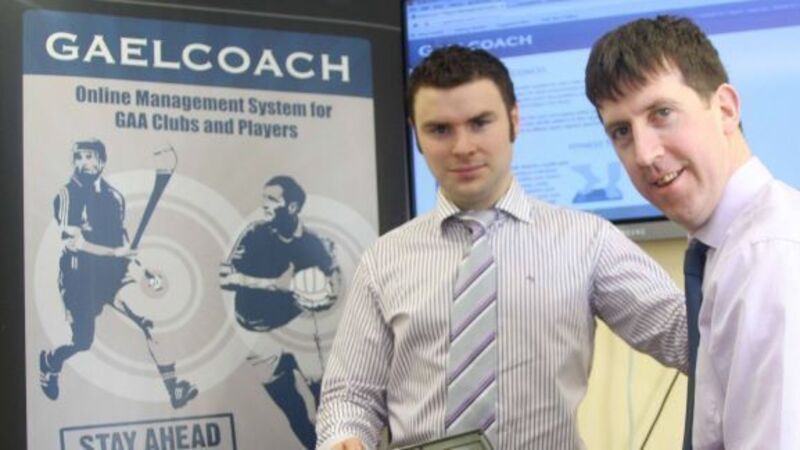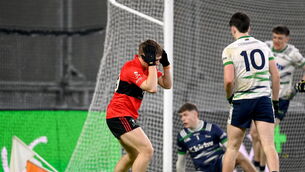Giving coaches power with touch of a button

Not alone that, how would you like to be able to track the sessions of every individual player on all those panels? How would you like to be able to measure and track from year to year the progress of each of those teams, the progress of each of those players? How would you like to be able to take a session as devised by a fully-trained full-time modern coach and apply it — with your own adaptation — to your own teams?
It can be done, says Damien Lee and Richie McCarthy, the two people behind a new and innovative Irish company, Gaelcoach.













